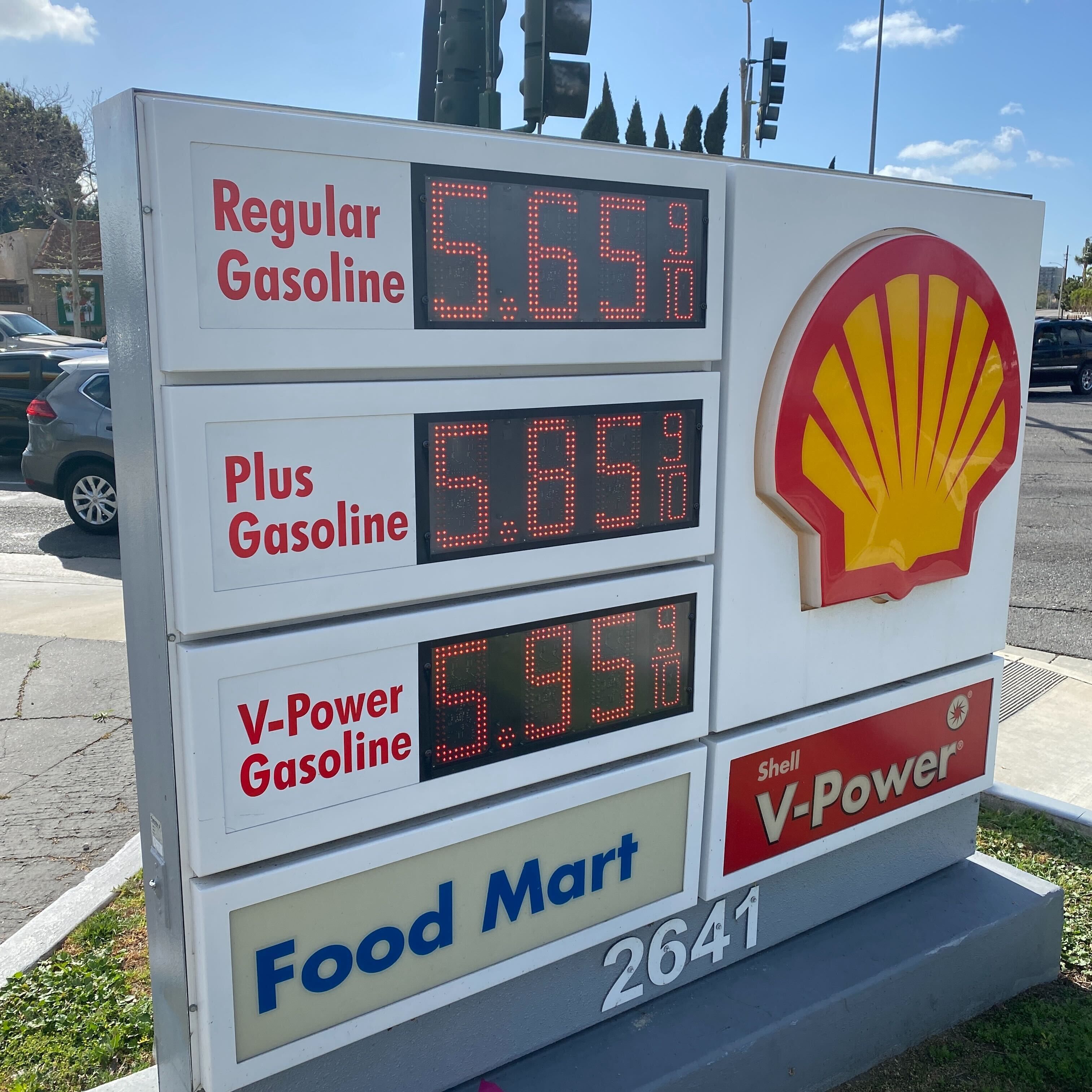Pocket-Friendly Comfort: Where Cheap Oil Prices Long Island Meet Quality Service
Wiki Article
Understanding the Fluctuating Oil Rate: A Comprehensive Guide
Recognizing the Fluctuating Oil Rate: A Comprehensive Overview is a beneficial resource for any individual looking for to acquire insights into the complicated globe of oil rates. In an era where oil markets are regularly advancing, it is essential to comprehend the elements that drive rate variations.Variables Impacting Oil Costs
Variables affecting oil prices rely on an intricate interplay of financial, geopolitical, and ecological factors. The economic elements consist of supply and demand characteristics, market conjecture, and the toughness of the international economic climate. When demand for oil exceeds supply, costs often tend to increase, whereas when supply goes beyond demand, prices have a tendency to fall. Market speculation can likewise have a considerable influence on oil rates, as investors and financiers try to forecast future cost movements based on various elements such as political events or adjustments in worldwide financial problems. Additionally, the general stamina of the international economic climate can affect oil costs, as a robust economy commonly leads to raised need for oil.Geopolitical elements also play an important duty in oil rate changes. Political events such as wars, conflicts, and sanctions can interrupt oil supply from major producing nations, causing cost volatility. In addition, geopolitical tensions in key oil-producing areas, such as the Center East, can produce unpredictability and raise the threat costs on oil prices (fuel oil prices long island).
Environmental elements, specifically plans associated with environment adjustment and power shift, are significantly influencing oil costs. Procedures targeted at lowering greenhouse gas emissions and advertising renewable resource sources can decrease the demand for oil, thus placing downward stress on rates. Additionally, ecological catastrophes or regulations can interrupt oil manufacturing and transport, affecting rates in the short term.
Global Supply and Demand
The present state of global supply and need for oil substantially influences its cost. When supply exceeds need, oil rates often tend to lower as there is an extra of oil available in the market.Numerous elements influence worldwide supply and need for oil. Financial growth is a significant driver of oil need, as enhanced economic task leads to higher power consumption.

Recently, the COVID-19 pandemic has actually had a considerable impact on worldwide supply and demand for oil. Lockdown measures and take a trip constraints have caused a reduction in oil need, causing an excess in supply and a sharp decrease in oil costs. As the world begins to recuperate from the financial and pandemic task returns to, oil need is expected to boost, possibly bring about an increase in oil costs.
Geopolitical Occasions and Oil Prices
Geopolitical occasions play a critical function fit the rising and fall costs of oil. The international oil market is very conscious geopolitical stress, problems, and occasions that can interrupt the supply and demand dynamics. Any kind of political instability or problem in significant oil-producing regions has the prospective to influence oil costs significantly.For example, when geopolitical stress increase between East, which is a major oil-producing region, it can cause concerns concerning supply interruptions. This can trigger a boost in oil prices as financiers and traders anticipate potential disturbances in oil manufacturing and transport.
Similarly, political choices and activities taken by major oil-producing nations can also More Bonuses affect oil costs. When OPEC (Company of the Oil Exporting Countries) participants concur to reduce production, it can result in decreased supply and consequently greater oil rates. On the other hand, when OPEC determines to enhance manufacturing, it can cause an excess in the marketplace and a subsequent reduction in oil prices.
Moreover, geopolitical events in significant oil-consuming countries can likewise influence oil rates. Economic and political advancements in countries like China, the USA, and Europe can impact oil demand, consequently affecting rates.
Impact of Market Supposition
Continuing from the previous subtopic, the influence of market speculation on oil costs can not be underestimated. Market supposition describes the process of investors and investors making forecasts about future oil rates based upon various variables such as supply and demand dynamics, geopolitical events, and financial indications. These conjectures can have a considerable influence on the cost of oil in the short-term.
Furthermore, market supposition can influence oil rates by shaping market belief. If speculators believe that oil costs will climb, they may participate in getting activities, leading to a boost in rates. Conversely, if they expect a decline in costs, they could market their settings, driving rates down.
However, it is important to keep in mind that while market speculation can have short-term impacts on oil prices, it is not the single factor of long-term price fads. Fundamental variables, such as changes in supply and need basics, inevitably drive the general direction of oil costs.
Recognizing Price Volatility
Market supposition plays an important function in comprehending the price volatility of oil. Rate volatility refers to the considerable and rapid adjustments in the rate of an asset, such as oil, over a brief period.Speculation takes place when financiers and investors offer or get oil contracts based on their expectations of future click now cost activities. When speculators anticipate a boost in oil costs, they buy huge quantities of oil agreements, driving up costs.
The influence of market supposition on oil price volatility is a topic of ongoing debate. Doubters argue that too much speculation can lead to market distortions and price bubbles, while others compete that speculators supply liquidity and enhance market effectiveness. Increasing and controling speculative activities openness in oil futures markets are steps that policymakers have actually thought about to alleviate excessive volatility.
Conclusion
In conclusion, comprehending the varying oil cost needs an evaluation of numerous elements. International supply and need, geopolitical events, and market speculation all play significant functions in forming oil costs.Comprehending the Fluctuating Oil Cost: A Comprehensive Guide is a beneficial resource for anyone looking for to get understandings into the complex globe of oil prices (cod oil prices long island). When demand for oil exceeds supply, prices often tend to increase, whereas when supply exceeds demand, costs have a tendency to drop. When supply surpasses need, oil costs often tend to lower as there is an excess of oil available in the market. Speculators can amplify price movements by taking huge placements in oil futures contracts, which are agreements to market or acquire oil at an established cost in the future. When speculators anticipate a boost in oil costs, they purchase discover here huge amounts of oil contracts, driving up prices
Report this wiki page